Breaking
- MENU
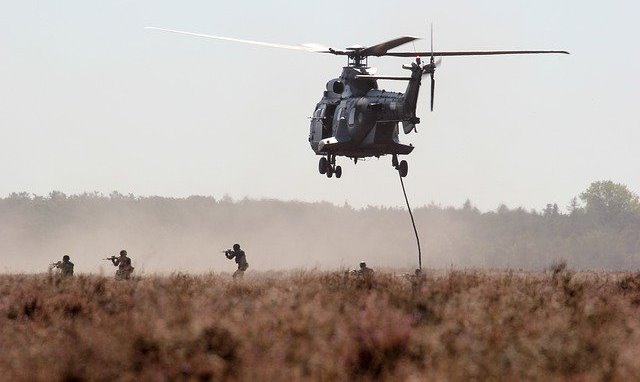
In several ways, the Taliban takeover of Afghanistan can be a game-changer in India’s worldview and policymaking strategies. New Delhi wants to play a role in shaping the future of that country, but no one sees any role, even a secondary one, for India. Irrespective of India’s likes and dislikes, the neighbouring countries—Pakistan, Iran, China and the Central Asian republics of Tajikistan, Uzbekistan and Turkmenistan—will be mainly involved in Afghanistan and its future trajectory. Any Indian role in Afghanistan will have to be approved and coordinated with one of these countries. We can rule out Pakistan and China as potential conduits; just as India is not comfortable working with them, both will not want a role for New Delhi, at least not until they are sucked into an Afghan quagmire.
The great power game over Afghanistan exposed the fault lines of India’s engagements with the world, but it can also be an opportunity if the nation learns from this. First and foremost, statecraft is not a monastery where moral righteousness prevails over all other considerations. How many nations will be ready to confront Iran over the treatment of Baha’is, Myanmar over Rohingyas or China of Uyghur Muslims? Moral high ground is good but is a costly and painful road for states. At the same time, can one ignore the challenges of inclusivity, peaceful transition, and gender and minority rights in the Taliban-ruled Afghanistan? Exclusive reliance on realism will make states greedy and unethical players, who enjoy, benefit and, in the process, perpetuate the miseries of others.
Finding a balance is the real challenge, moderating the Taliban without providing legitimacy to their orthodoxy. Conditional engagement in line with national interests and ethos is the only way forward. In practical terms, this means that formal Indian diplomatic recognition will be a slow process and is conditional upon the Taliban being different and more moderate than its earlier avatar. Other incentives and opportunities can also accompany political recognition.
Two, India will have to scale up its engagement with Iran and Central Asian Republics for a role in Afghanistan. This is easier said than done. India had a roller coaster ride with Iran, at least since the outbreak of the nuclear controversy in 2003. Its willingness to forge energy security relations with Tehran—as outlined in the Delhi Declaration signed during the visit of President Mohammed Khatami in January that year—was undermined by American pressures over Iran’s nuclear ambitions. In the following years, India increasingly came under American diktats and virtually stopped oil imports in 2019. Lacking foresight, India did not capitalise on the limited opportunities under the Trump administration when the Chabahar port was exempted from sanctions. Things have not improved even under the Biden administration and hence, Iran will be less eager to cooperate with India over Afghanistan, especially when China and Russia are scaling up Tehran’s regional profile through political, economic and strategic investments. Iran’s 15-year wait ended this September when it joined the China-sponsored Shanghai Cooperation Organisation as a full member. Thus, tangible and significant Indian assistance—shelter, food and medical and health facilities—to Afghan refugees in Iran and also to Central Asia can be a start.
Three, the decade-long Sino-Russian partnership vis-a-vis the Syrian crisis transformed when China took the lead on Afghanistan. Not prepared to return to the Soviet policies of the 1980s, Moscow is happy to play a second fiddle to Beijing. In practice, this means the former acceding to the latter’s veto over any Indian role in Afghanistan. Short of the Sino-Pakistani efforts collapsing, India will find little common ground with Moscow on Afghanistan.
Four, catastrophic and shameful as it is the hasty American withdrawal from Afghanistan is a lesson for India. External assistance is not an undated blank cheque; it always has an expiry date. Friendships and alliances are predicated on shared interests and deliverables. States will have to ask: Is the price worth paying? Is it value for money? Not just the US but also India will have to ask these uncomfortable questions constantly. Irrespective of the nomenclature, partnership in international relations is never open-ended. States constantly make a cost-benefit analysis and often operate behind the backs of their friends and allies. For example, the US and Australia kept the other two Quad members—India and Japan—in the dark about AUKUS. Likewise, the French fury over the new alliance will overshadow India’s strategic engagements with the US and UK.
Thus, the Afghan crisis can be an opportunity if the Ministry of External Affairs undertakes a ruthless cost-benefit analysis of India’s assets and liabilities and asks some uncomfortable questions. What are the relative advantages and drawbacks of all major players in Afghanistan? How they are better placed in Afghanistan than India? What time frame does India need to become relevant in Afghanistan, and what will its interim strategy be? Can India deliver what it promises or live up to the expectations of others? Are there any like-minded countries that aspire for a role in Afghanistan but are unwanted today? And how to increase its leverage and utility vis-a-vis Iran, Russia and Central Asian republics and become relevant in their Afghan strategy?
For an effective Afghan strategy, the government should ignore the ‘wisdom’ of instant experts, three-plus-one elite (read three articles on a subject then write the fourth) and the pontification of ordinary minds, hardcore ideologues and perennial weathercocks that change with the wind. Rather, it should delve into institutional memory and explore and re-examine the assessments of Indian missions over the years; even if their final assessment is sometimes coloured by ideological bias or are rarely acted upon, these dispatches are professional, detailed and above all factual. It is time to look inwards for an effective outlook.
Note: This article was originally published in The New India Express on 29 September 2021 and has been reproduced with the permission of the author. Web Link
As part of its editorial policy, the MEI@ND standardizes spelling and date formats to make the text uniformly accessible and stylistically consistent. The views expressed here are those of the author and do not necessarily reflect the views/positions of the MEI@ND. Editor, MEI@ND: P R Kumaraswamy
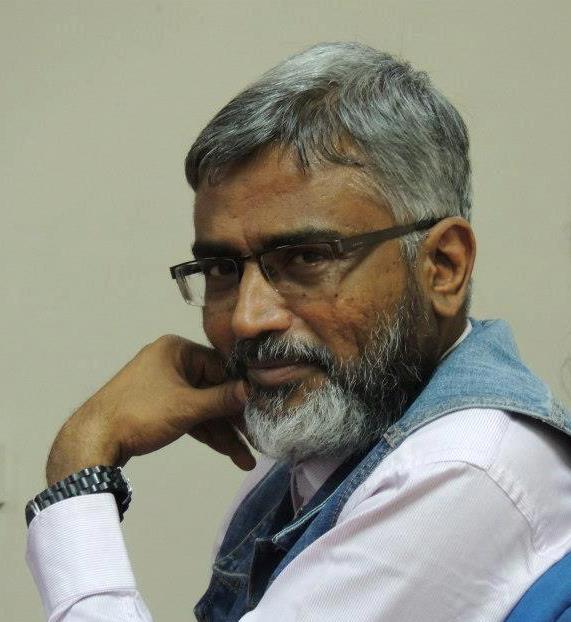
Professor P R Kumaraswamy is Honorary Director of MEI@ND.
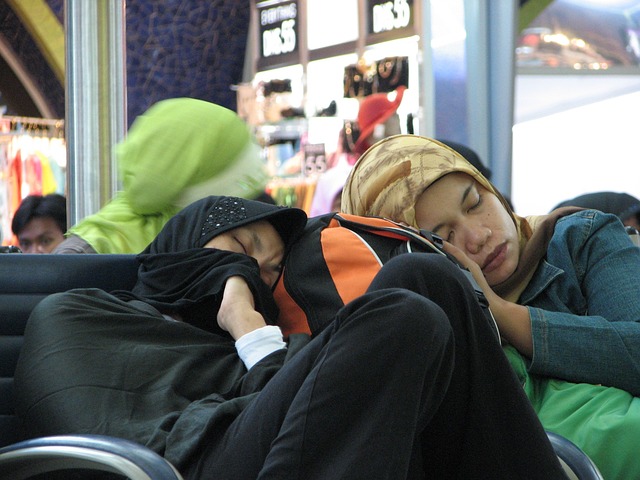
When peace is viewed as ‘surrender’, there is little one can accomplish. Without an effe.....

The magnitude of the missile attack on Israel carried out by Iran in the early hours of Sunday was u.....
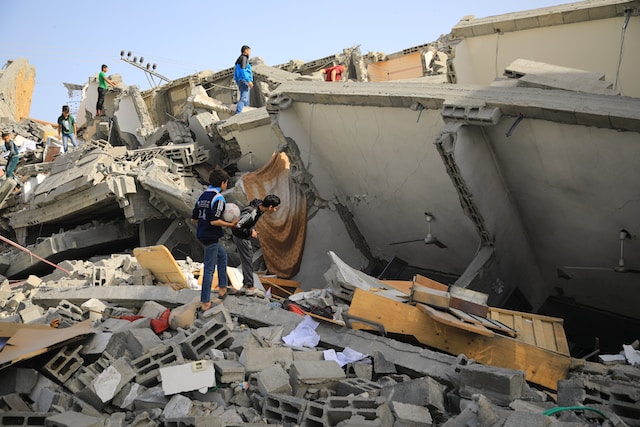
While the details are still emerging, the Hamas attacks from the Gaza Strip on Saturday were well pl.....
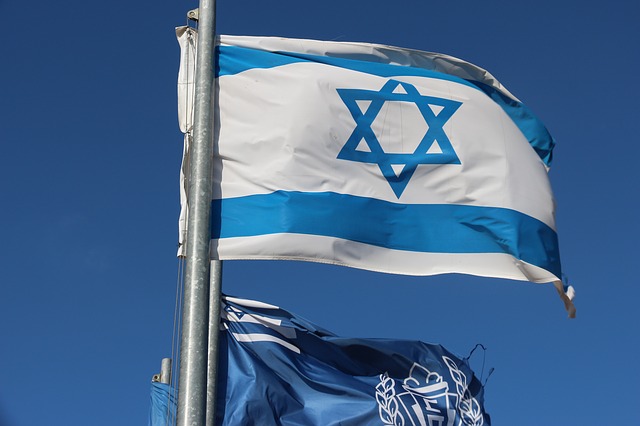
The Libyan controversy reminds us of the more significant problem facing Israel. While the scale and.....
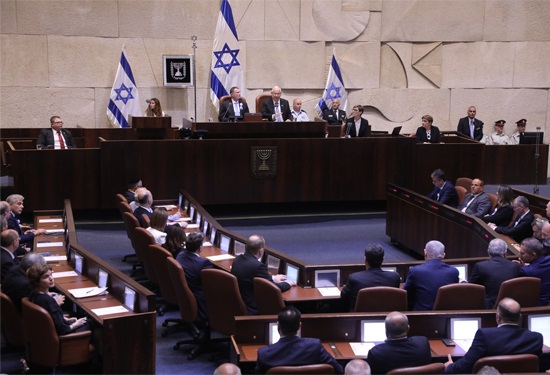
64-0! It should be an impressive vote in any country, especially in Israel, where a simple parliamen.....
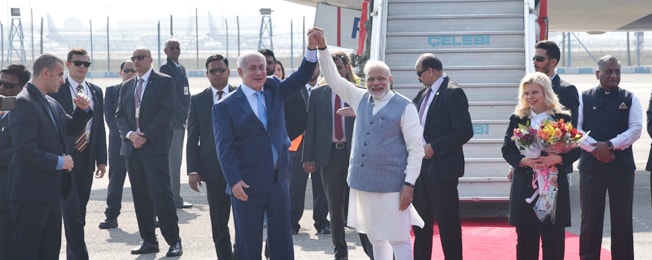
King Bibi is back! After one year in the Opposition, Benjamin Netanyahu, a close friend of Prime Min.....

Political instability is an integral and inseparable part of Israel’s landscape. For the fifth.....

Even by the Israeli standard of coalition fragility, the Bennett-Lapid government, which completed o.....
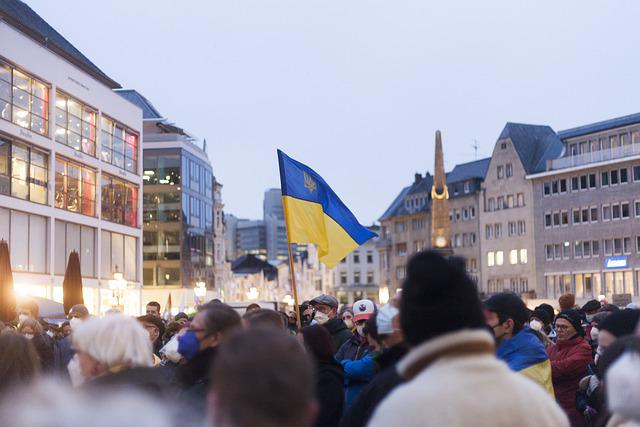
Soon to enter its fourth month, the Russian invasion of Ukraine has made irreversible damages to glo.....
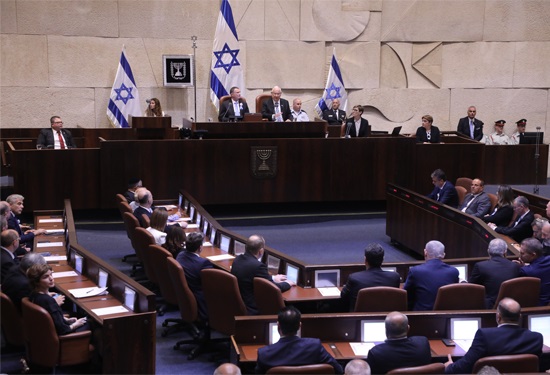
The visit of Israeli Prime Minister Naftali Bennett to India scheduled for last week had to be cance.....
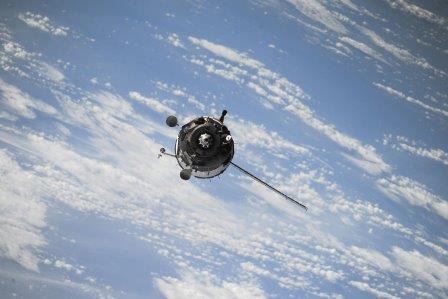
The drone attack on Abu Dhabi on Monday (January 17) by the Houthi rebels marks a major escalation o.....
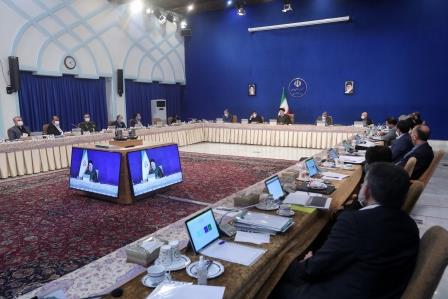
Of late, Israel-Iran shadow-boxing has been getting ominous. If Israel’s diplomatic offensive .....

In early November, Moscow hosted Mohammed Dahlan, a former right-hand man of Palestinian leader Yass.....
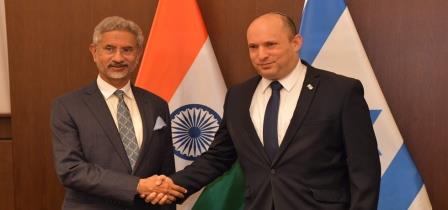
Nearly three decades after Prime Minister P V Narasimha Rao broke from the past and normalised relat.....
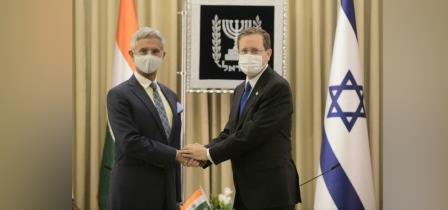
Earlier it was Pakistan and now China. So whatever India does and does not do externally has to be l.....
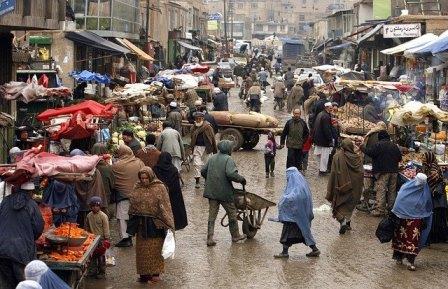
The Taliban takeover and its fallout exposed the limited diplomatic space for India in its immediate.....

Given the travel restrictions, local lockdown and sluggish economic revival, that over three lakh pe.....
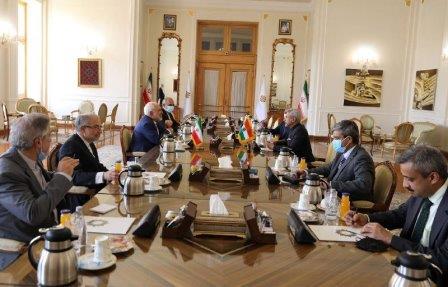
Since 2005, some critical decisions over Iran have been taken by the MEA’s US Division. So que.....
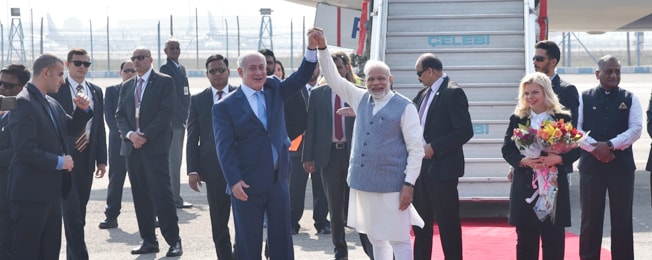
“Bibi dethroned”. This is the expression used in the Israeli media to describe the forma.....
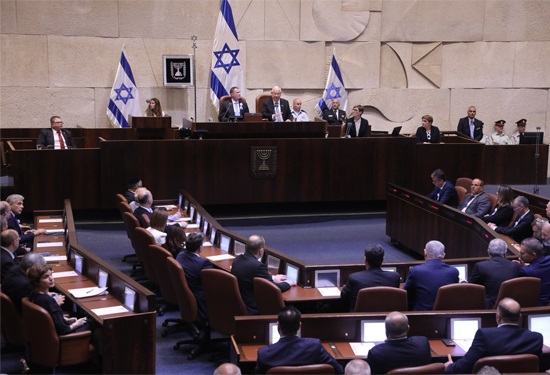
Despite having a woman prime minister in Golda Meir, female political representation in Israel has n.....
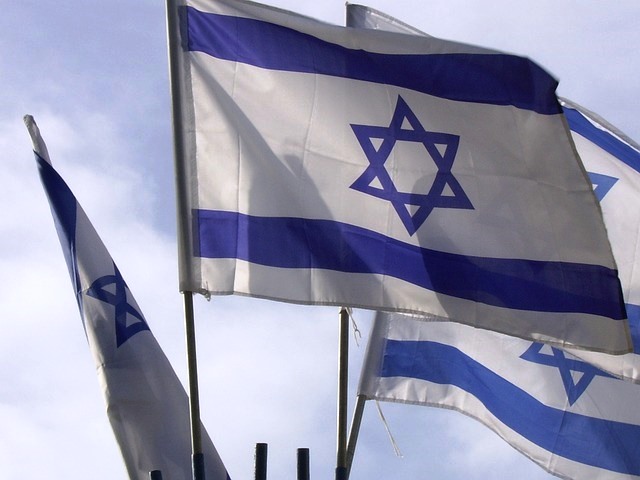
The most interesting aspect of the new Bennett-Lapid government in Israel is the emergence of Mansou.....
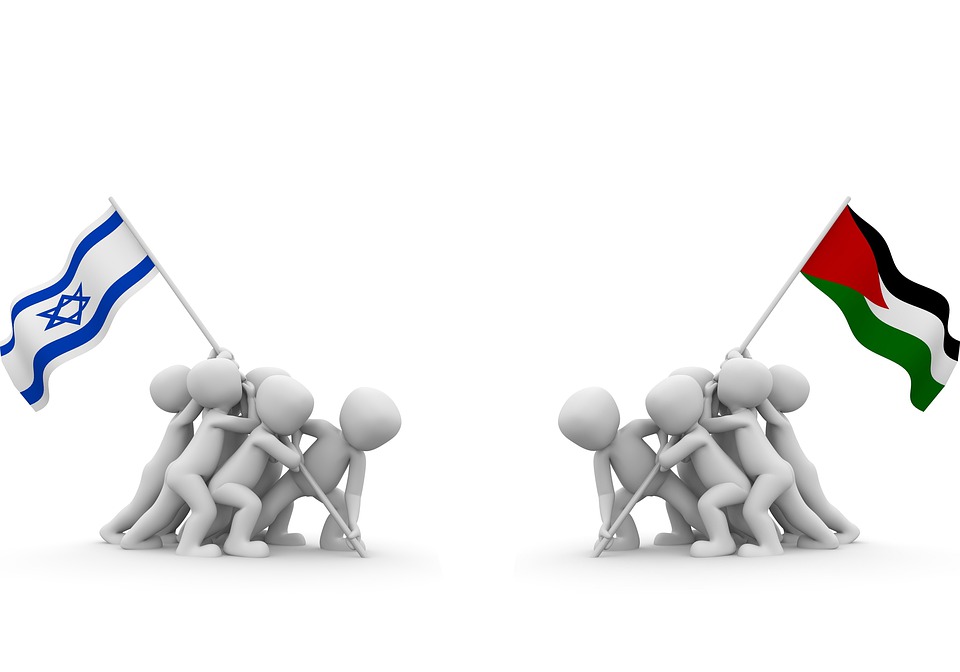
When it comes to mediating international crises, India’s track record is a mixed bag. In recen.....

Going by the Israeli media, it is clear that the arm-twisting by the Biden Administration forced the.....
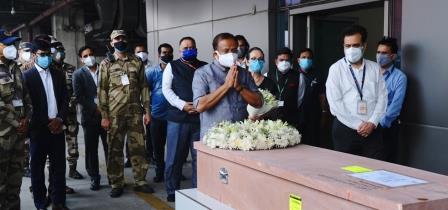
Indeed, Hamas is better placed today than it was in January 2006 and the current round of violence i.....

While the international community wants de-escalation and an early end to the conflict, the chances .....
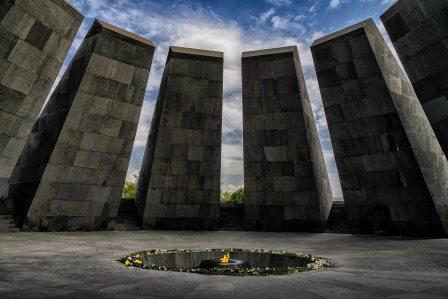
Ending the past silence, US President Joe Biden marked the Armenian Genocide Remembrance Day of Apri.....
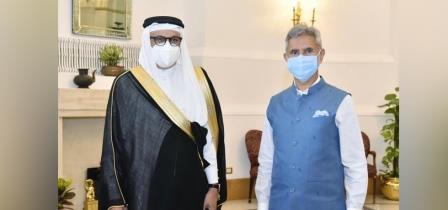
The visit of Foreign Minister of Bahrain Abdullatif bin Rashid Al Zayani to India during 6-8 April r.....
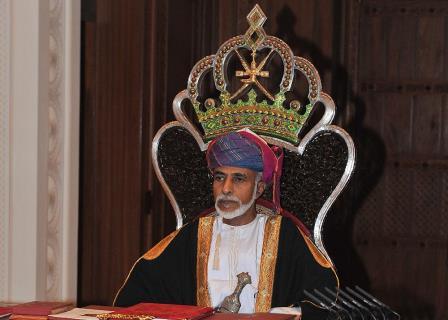
By posthumously bestowing the Gandhi Peace Prize for 2019 upon Sultan Qaboos of Oman, New Delhi seek.....
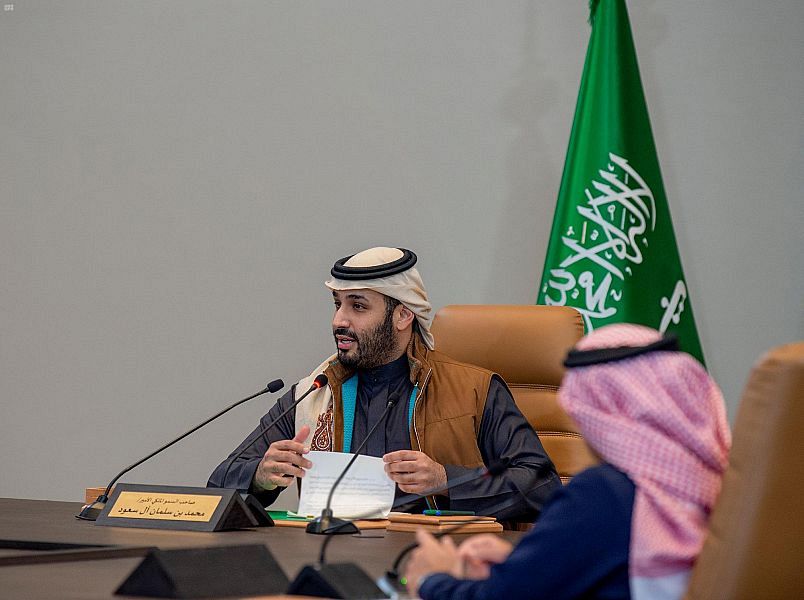
Much to the displeasure and discomfort of Saudi Crown Prince Mohammed bin Salman (more widely known .....
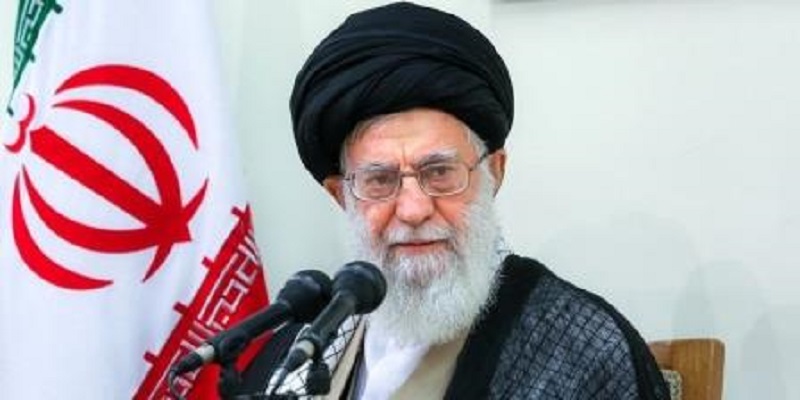
The nomination of Robert Malley, a veteran hand in Washington policy circles, as the Special Envoy f.....
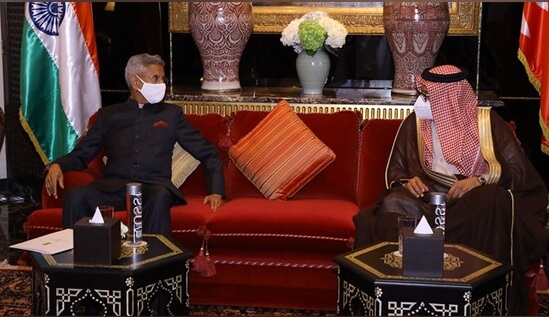
The two-day visit of External Affairs Minister S Jaishankar to the United Arab Emirates last week is.....
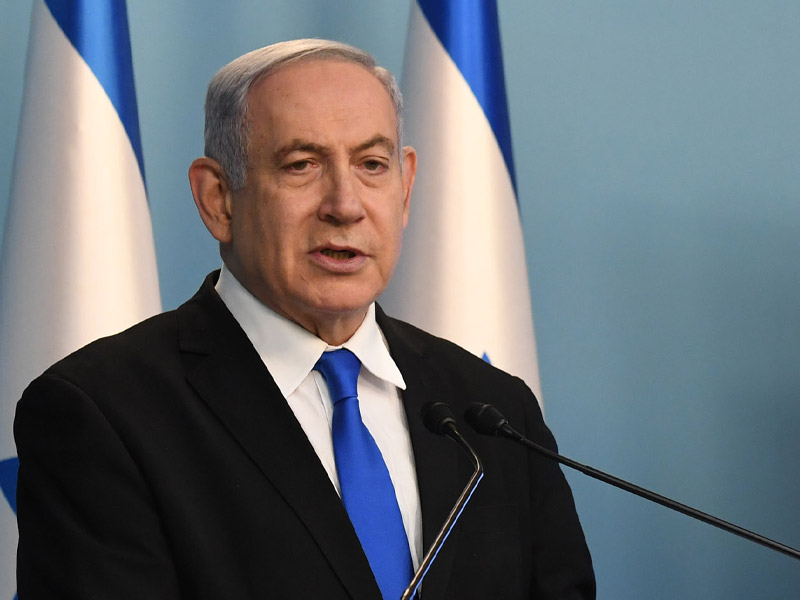
United Arab Emirates’ (UAE) decision to normalise relations with Israel is the most dramatic e.....
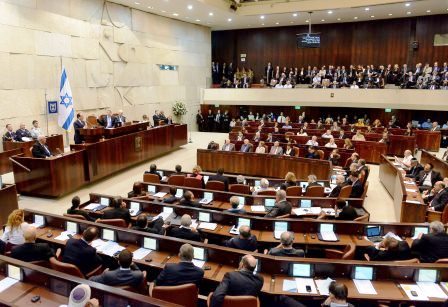
Declaring victory moments after the polling ends has become the hallmark of Benjamin Netanyahu; and .....

Israel went to polls for the 23rd Knesset on 2nd March. The third parliamentary elections within one.....
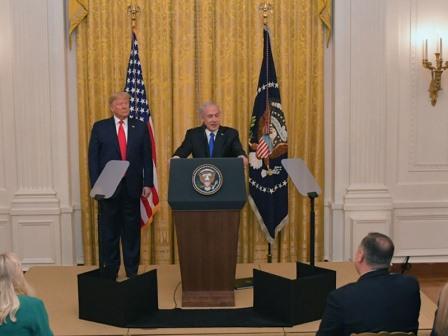
With possible removal from office hanging over their heads, US President Donald Trump and Israeli Pr.....

US Secretary of State Mike Pompeo’s sudden and unexpected announcement regarding Israeli settl.....

US President Donald Trump’s decision on imposing sanctions on Turkey has rocked the ever-turbu.....
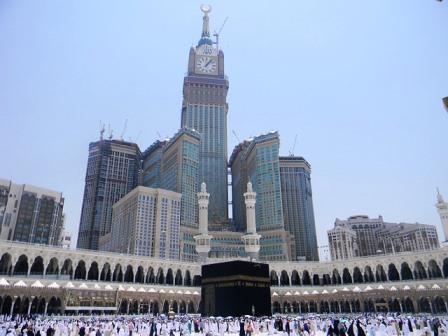
Prime Minister Narendra Modi’s two-day visit to the Kingdom of Saudi Arabia this week highligh.....
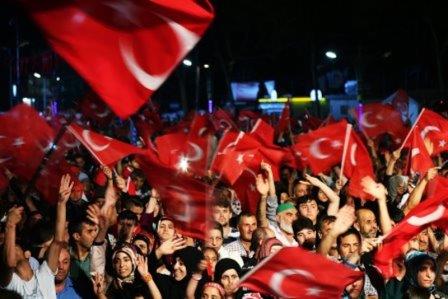
Prime Minister Narendra Modi's reported decision to postpone a planned visit to Turkey comes a c.....
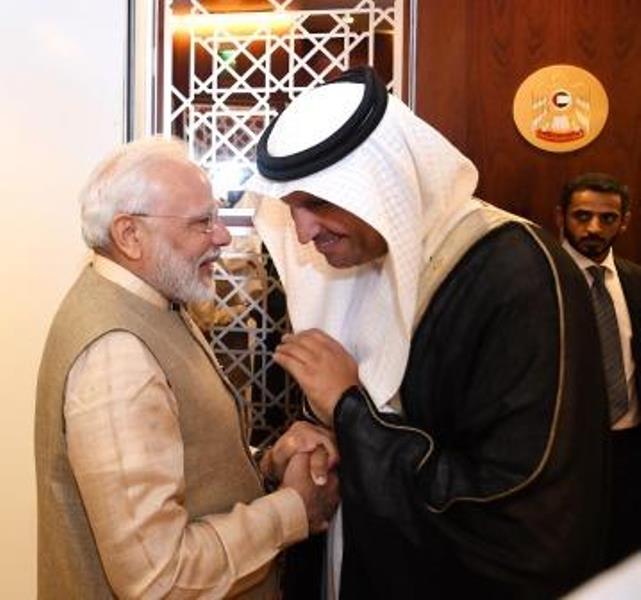
With the sole and notable exception of Pakistan, India's relations with the wider Islamic world .....
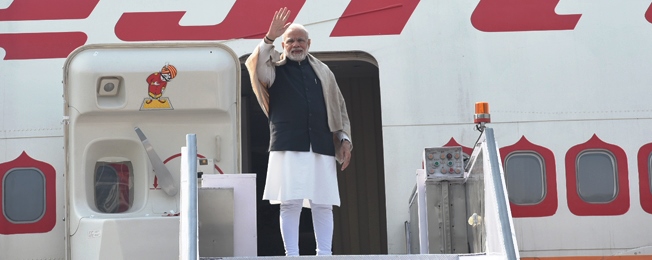
For a long time, India’s relationship with its extended neighbourhood in the Persian Gulf was .....
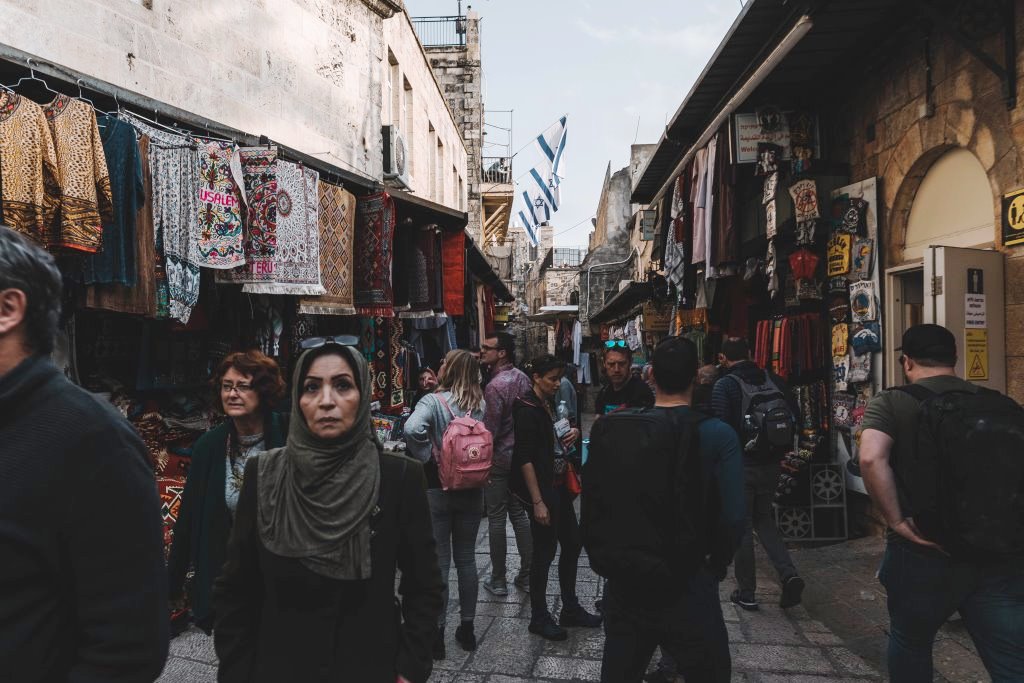
The Israeli legislative or Knesset election last week has turned out to be a rerun of the 9 April on.....
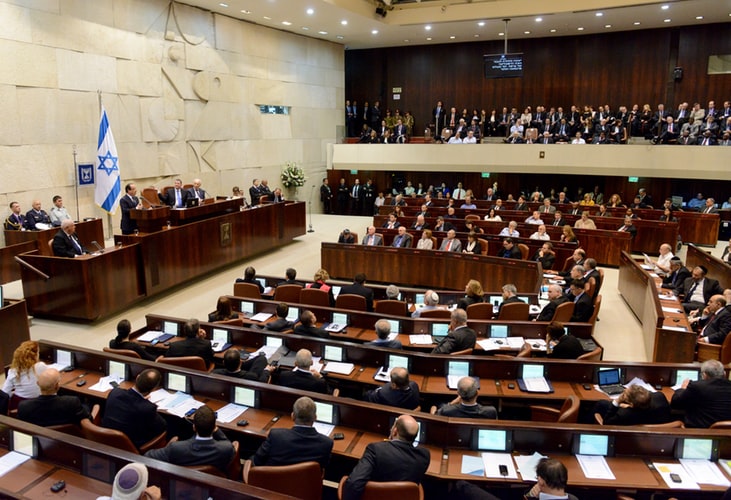
Will 2019 see a third Knesset election? This question is going rounds in Israel as it faces the seco.....
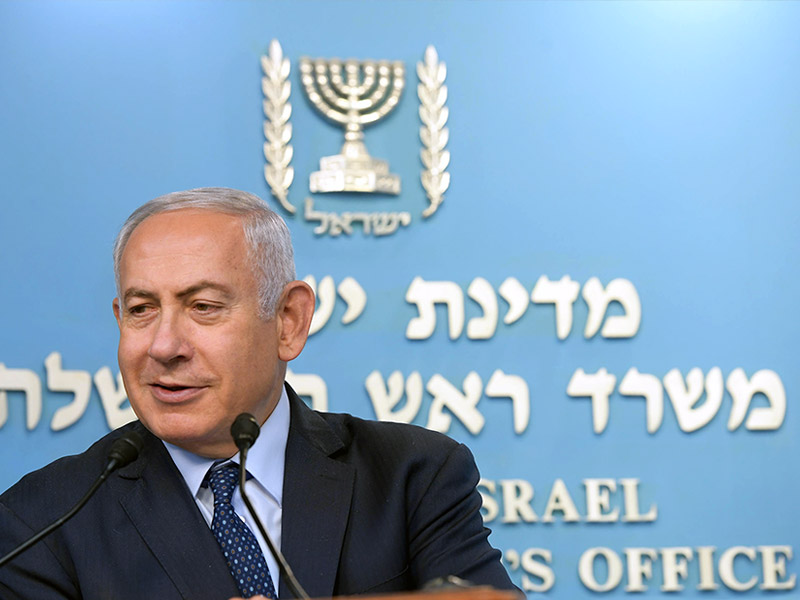
When he called Indian Prime Minister Narendra Modi to congratulate on his re-election with a landsli.....
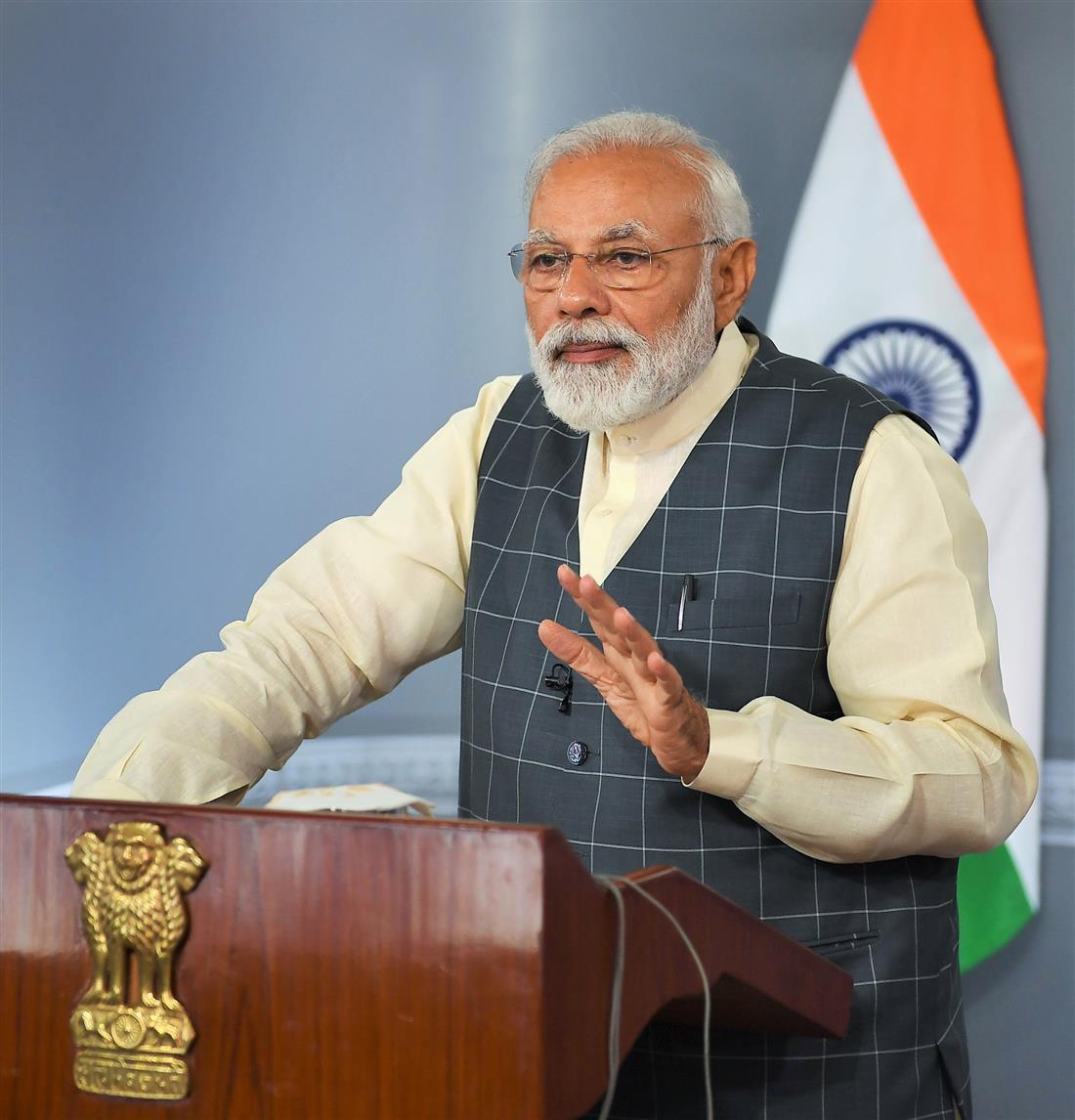
The resounding re-election of Prime Minister Narendra Modi is a blessing for India's relat.....
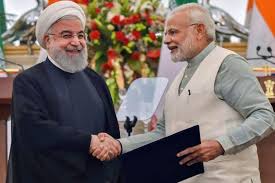
Iran is back in the news and for all the wrong reasons. It has been the unnecessary third .....
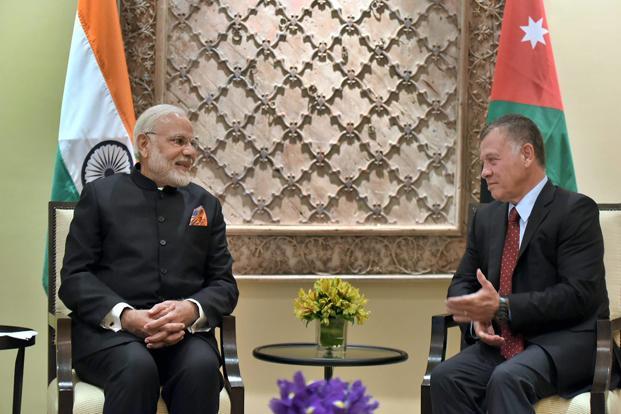
During the close to a century of its existence, the Hashemite Kingdom of Jordan has been, as former .....

In their eagerness to focus on and flag the de-hyphenation of the traditional Israel-Palestinian bin.....
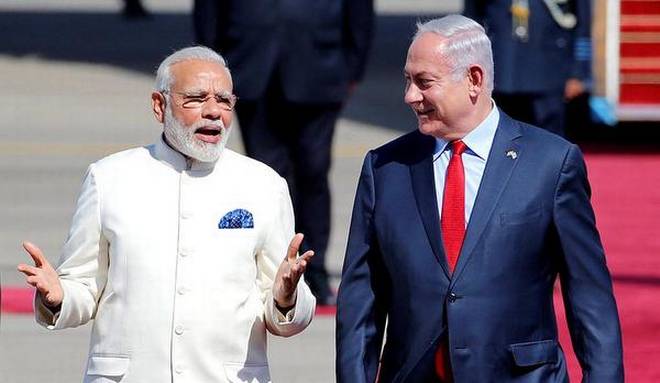
In the closely scrutinised India-Israel relationship, there is little in the public domain that rema.....

You know what, it will go to the dustbin’ my articulate friend was blunt, brutal but.....
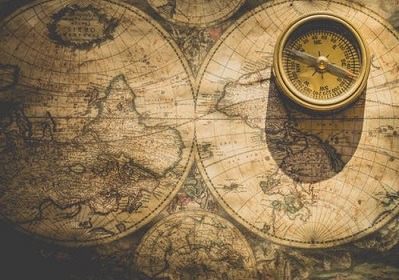
Balfour Declaration, A Century Later If one were to make a list of the most influential.....
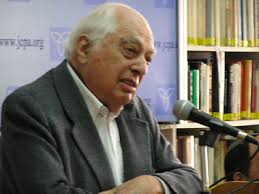
Professor Bernard Lewis—a towering personality on the Middle Eastern academic landscape—.....

B orn in Poland on 2 August 1923, Szymon Persk who later Hebraised his name as Shimon Peres was the leader.....
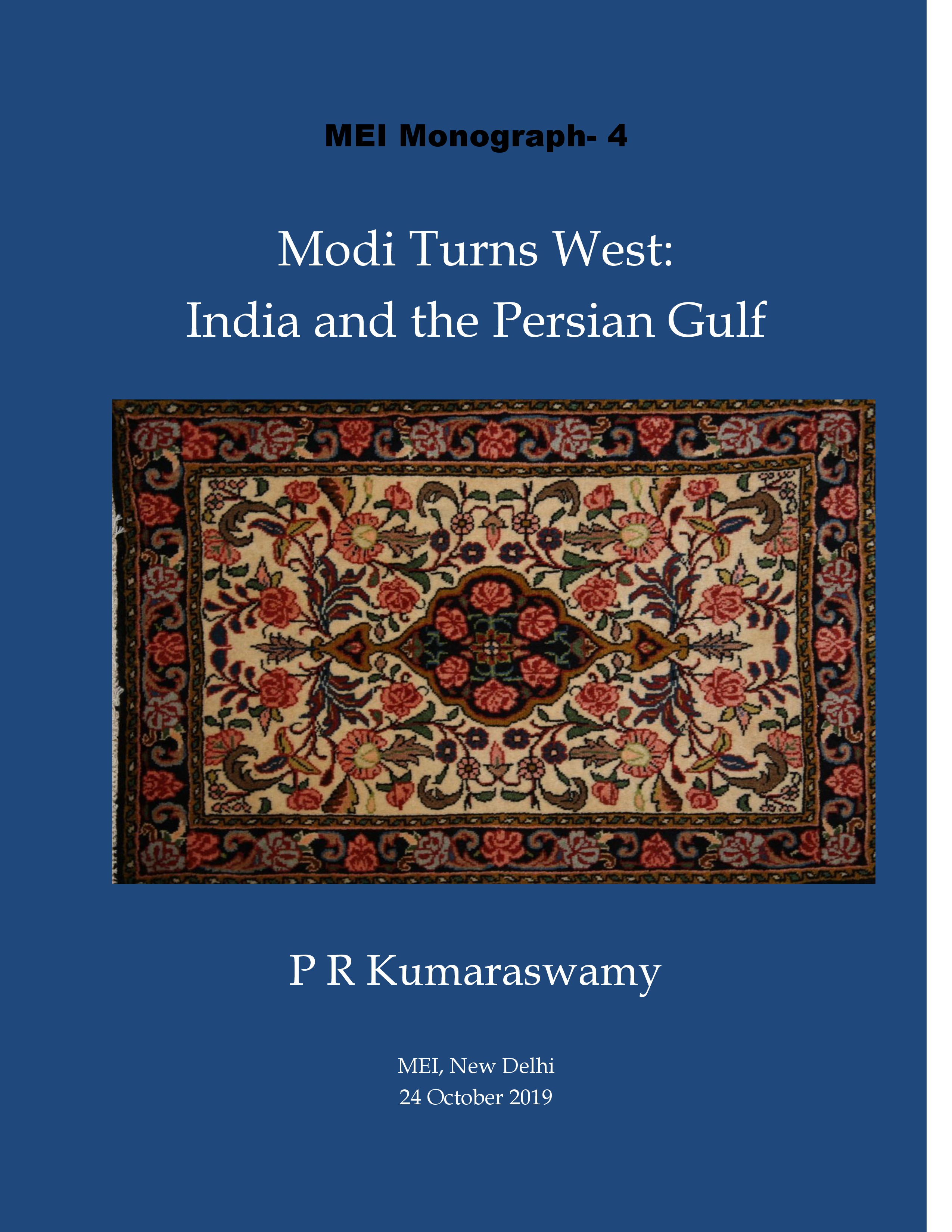
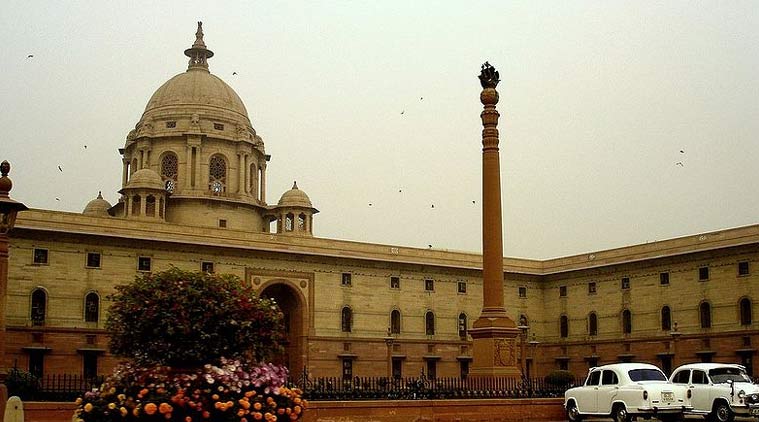
W hat What began as a protest by a marginalized vegetable vendor in Sidi Bouzid in Tunisia soon spread lik.....
